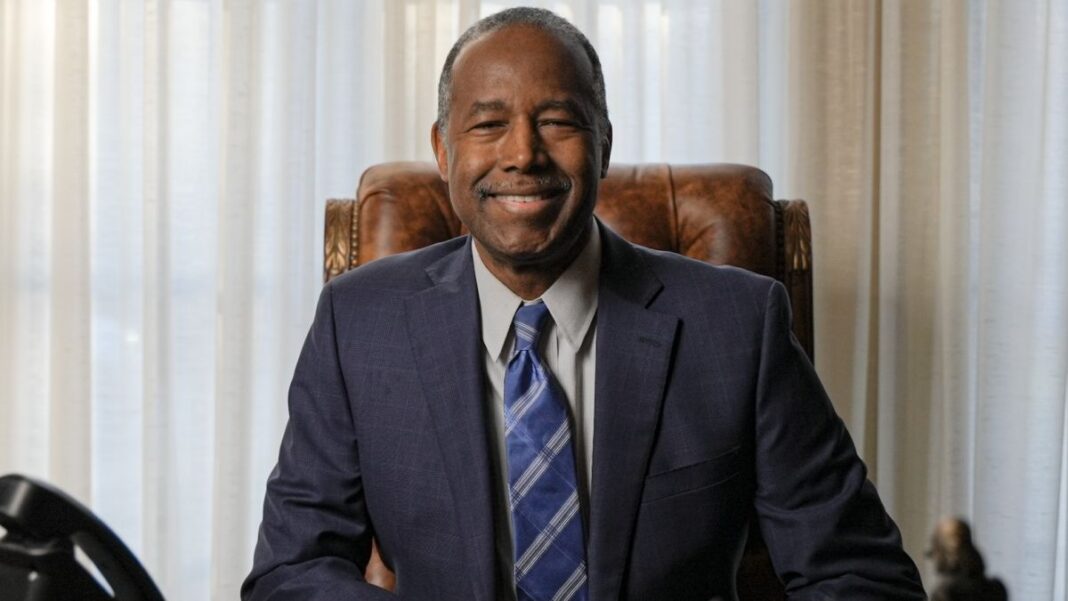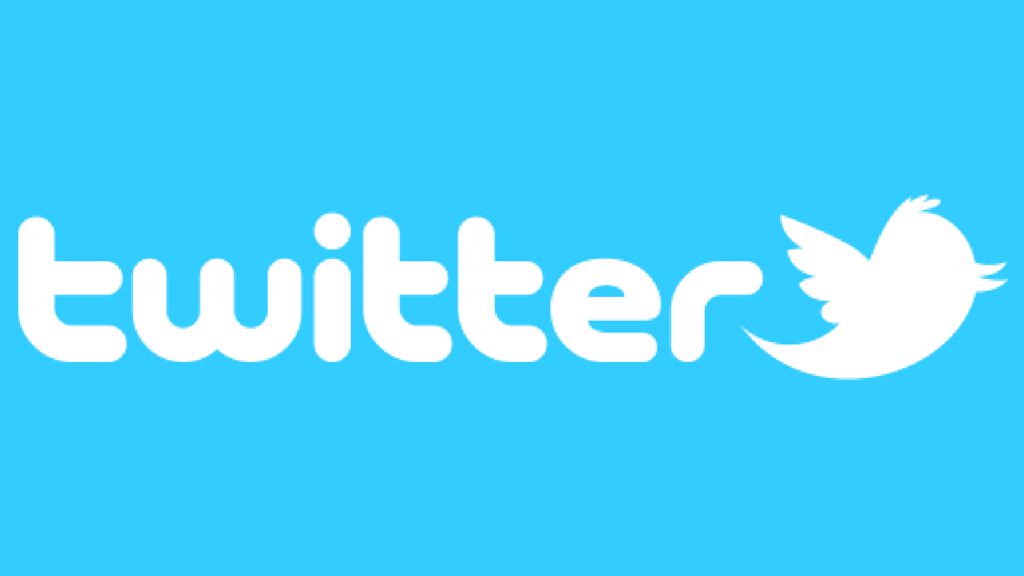Twitter’s Board of Directors has approved Elon Musk’s offer to purchase the social media firm and take it private in a transaction valued at about $44 billion, the company announced Monday.
The company accepted the billionaire’s proposal of $54.20 per share.
“Twitter has a purpose and relevance that impacts the entire world. Deeply proud of our teams and inspired by the work that has never been more important,” said CEO Para Agrawal in the corporate announcement.
“Free speech is the bedrock of a functioning democracy, and Twitter is the digital town square where matters vital to the future of humanity are debated,” said Musk in a statement. “I also want to make Twitter better than ever by enhancing the product with new features, making the algorithms open source to increase trust, defeating the spam bots, and authenticating all humans. Twitter has tremendous potential—I look forward to working with the company and the community of users to unlock it.”
It has been a roller coaster ride in this saga since Musk first acquired a 9.2 percent stake in the tech company earlier this month. From rejecting a seat on the Board of Directors to multiple Twitter polls sponsored by the billionaire CEO, there have been many twists and turns in recent weeks.
Despite the uncertainty stemming from Musk’s tweets and the constant corporate developments, shares have rallied more than 30 percent on the news, topping $50 a share.
But the heads of Twitter might not be as ebullient as investors over Musk owning the website.
As Musk’s Twitter takeover advances at a fast pace, experts argue that changes need to happen on the social network, whether he buys the San Francisco-based social network or not.
Twitter user numbers have fallen short of Wall Street estimates, and the company recorded a $221 million loss in 2021.
In the fourth quarter, Twitter confirmed that its monetizable daily active users increased by six million to 217, below the market forecast of 218.5 million. Ad revenues in the October-to-December period totaled $1.41 billion, under Wall Street’s $1.43 billion target.
By Andrew Moran








